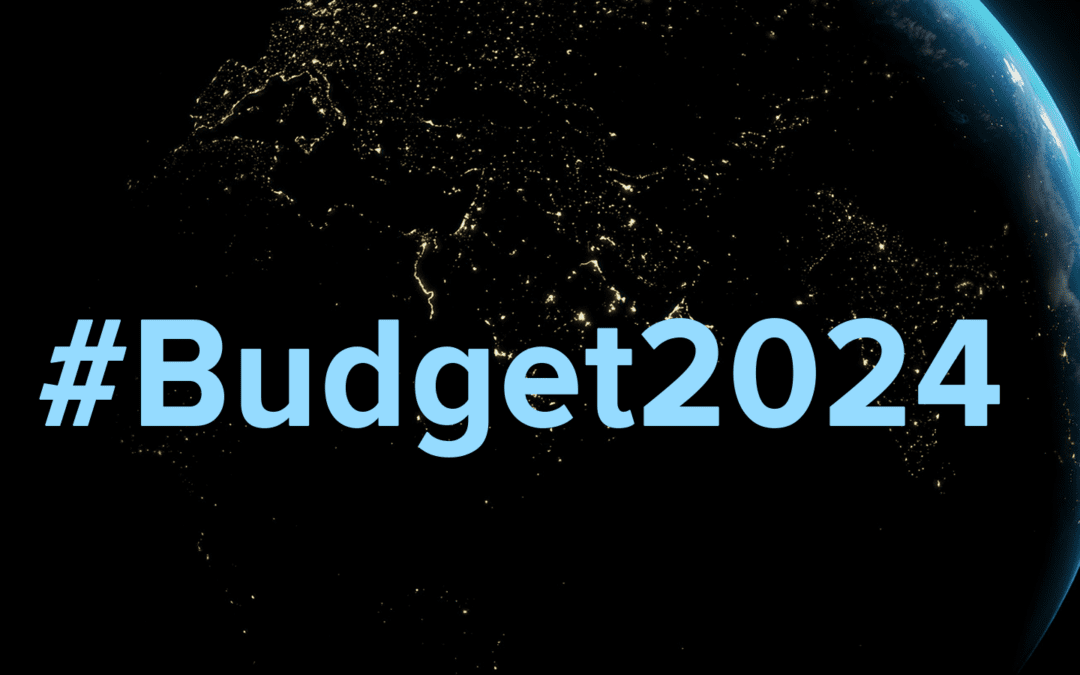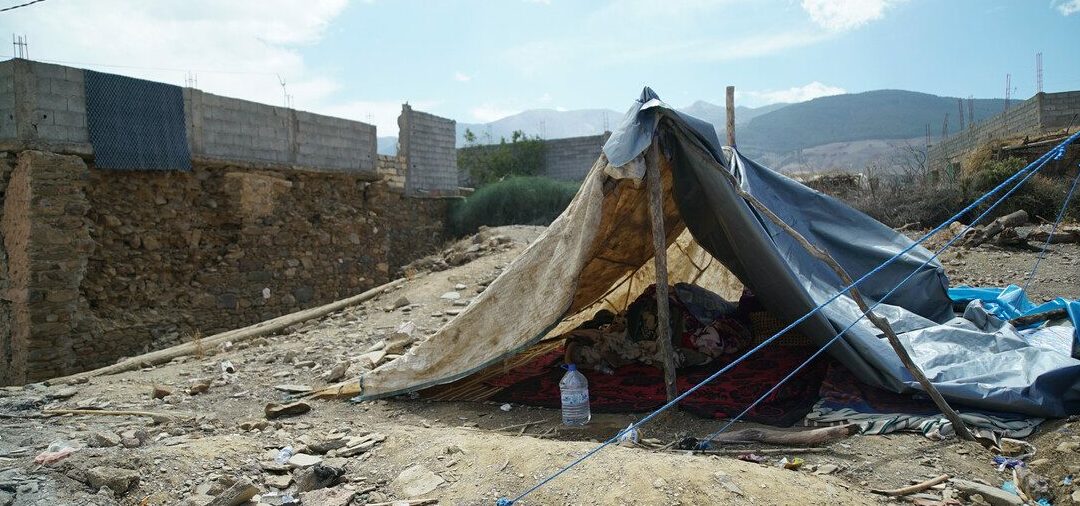The kittens are still under the rubble.
They were born the night before the earthquake, and now Fatiha, a mother herself, says she can hear them mewling under the collapsed buildings.
Fatiha says she knows the kittens are still alive, because the mother cat, Mimi, faithfully goes back and forth into the dust and debris to feed them every day.
Fatiha has a 20-year-old son and two daughters, ages 18 and 12.
When the earthquake struck, she and her daughters were away from the house, at a training in the village, but her husband and son were home.


Fatiha is tailor and mother of three. Nadir Houboub/CARE Maroc
They live in Tamgounssi, 35 miles from Marrakech, at the foot of the High Atlas Mountains. There are 600 people in Tamgounssi, all part of the wider Asni community, where tourists come from around the world to see the breathtaking views of the mountains and the surrounding villages.
The earthquake struck at 11:11 PM on the evening of September 8. Its epicenter was less than ten miles away from Tamgounssi, which is just outside of the Al Haouz region where many of the nearly 3,000 reported deaths have come from.
In this region, most of the houses are made of clay and wood, and many were either destroyed outright during the quake, or now seem to be on the verge of collapse in the aftermath. Many families have chosen to sleep outside out of fear that what remains of their houses might collapse during an aftershock.


Tamgounssi rests at the foot of the High Atlas Mountains. Nadir Houboub/CARE Maroc
As of Thursday morning, there had been 64 deaths reported here, though the information was likely incomplete.
Hlima Razkaoui, CARE Morocco’s Country Director, has been helping CARE set up its relief operations in coordination with the Moroccan authorities. The team has been focusing on hot meals, safe water supply and emergency shelter, with particular attention given to women, girls, and people with disabilities.
The roof collapsed on Fatiha’s husband, who was already in bed for the night. Her son had just managed to leave the house, but he and the neighbours went back in to rescue the trapped father, who miraculously has only serious bruising from the disaster.


CARE staff traveled to the earthquake affected areas to help support relief efforts. Nadir Houboub/CARE Maroc
The most urgent needs now
Fatiha is a tailor by trade.
She is the family’s main breadwinner, and before the quake, she had plans to expand her successful small business. She managed to save enough money over the past 11 years for the family’s house, as well as a brand-new sewing machine to help with her work.
There is now a gaping hole where the front of her home used to be, with the remains of her sofa protruding out of it.
“My whole life, I’ve been struggling to build a decent life for my family,” she says. “Little by little I did build it. And now it’s all gone.”
When asked about her most urgent needs, in the days after the quake, she says, simply: “A roof over our heads.”
For the past week, Fatiha has slept outside, together with her husband and son, even though the nights are starting to be cold as winter approaches. There is a very real danger of wild animals, mostly dogs.
Fatiha says her main concern isn’t the dogs or the cold, but her daughters, who are staying with their grandmother. Fatiha is especially worried about her youngest, who, she says, is severely traumatized by the ongoing disaster.
Fatiha holds Mimi and says she is convinced that, if they could live all together again, her youngest daughter would surely recover much faster.




